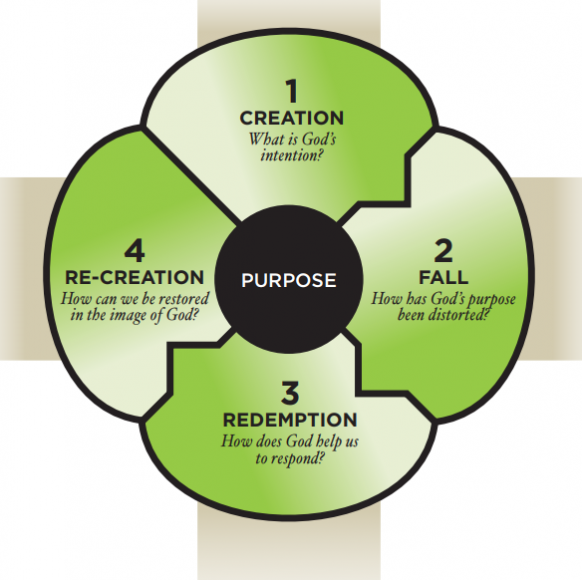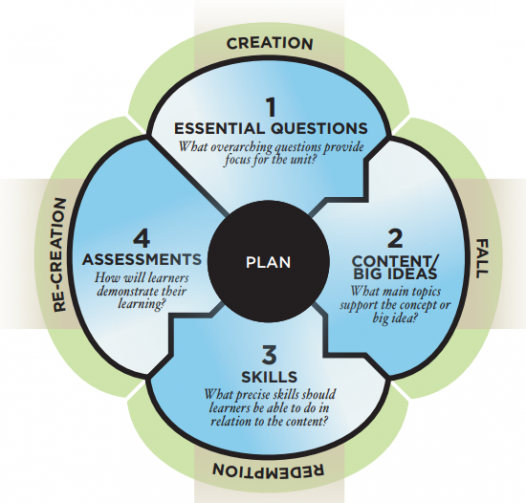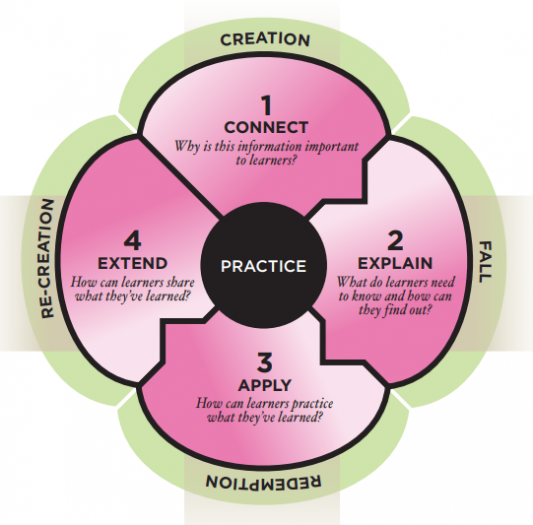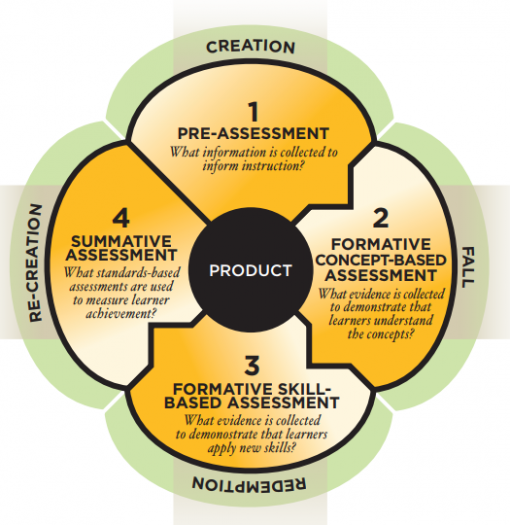Important Announcements or Snow Alerts For the Winter Months Will Be Posted Here.
Oakview Preparatory School
Important Announcements or Snow Alerts For the Winter Months Will Be Posted Here.
Oakview Preparatory School
Too much importance cannot be placed upon the early training of children. The lessons learned, the habits formed, during the years of infancy and childhood, have more to do with the formation of the character and the direction of the life than have all the instruction and training of after years. (Child Guidance. pg. 193. [E. G. White]
Embraced school wide, these core values help us to create an environment throughout campus that allows students to grow in confidence and with a sense of responsibility to their community.

Education in its broadest sense is a means of returning human beings to their original relationship with God. The distinctive characteristics of this Adventist worldview, built around Creation, the Fall, Redemption, and Re-Creation, are derived from the Bible and the inspired writings of Ellen G. White.
The aim of true education is to restore human beings into the image of God as revealed by the life of Jesus Christ. Only through the guidance of the Holy Spirit can this be accomplished. An education of this kind imparts far more than academic knowledge. It fosters a balanced development of the whole person—spiritual, physical, intellectual, and social-emotional:
—a process that spans a lifetime. Working together, homes, schools, and churches cooperate with divine agencies to prepare learners to be good citizens in this world and for eternity
Adventist education is based on developing the whole child to reflect all that Jesus created them to be. Because of this foundation and the continued pursuit of high standards, Adventist education has a worldwide reputation for outstanding curriculum and high achievements, using best teaching practices that are Christ-centered.
We strive to make Jesus a part of every piece of curriculum. We also believe that we are to follow these foundational goals of education:

Curriculum refers to the instructional components (Essential Questions, Content/Big Ideas, Skills, Assessments, activities, and materials) of a particular course of study. Standards, what learners should know (content) and be able to do (skills), serve as the framework for curriculum development. The curriculum model above incorporates these important components. Wiggins, McTighe, Erickson, and Hayes note the significance of essential questions. Essential questions provide a focus for inquiry, problem solving, application, and creativity which promote more active engagement of learners.
Evidence from both national and international research also emphasizes that teaching and learning should be more concept-based; concepts link the content and skills in a meaningful way promoting greater understanding. Organizing the standards in relation to big ideas or concepts allows teachers and learners to “teach less, learn more.”
Connect ------> Explain --------> Apply -------> Extend

Learners progress in many different ways. A natural, brain-friendly cycle of learning suggests that learners learn best when they can connect to personal experience (connect), develop a conceptual understanding (explain), practice and apply new knowledge (apply), and synthesize to create new ideas (extend). The instructional cycle above recognizes these elements of teaching and learning. It is based on consensus among various instructional models created by noted researchers, curriculum developers, and learning theorists, such as Gardner, Tomlinson, McCarthy, Johnson & Johnson, Hunter, Marzano, Wiggins, and McTighe. Models offered by these and other individuals include: Multiple Intelligences, Differentiated Instruction, Cooperative Learning, 4MAT, Inquiry Learning, Project-based Learning, and Understanding by Design.
This model promotes teaching methods that meet the needs of individual learners and that ensure whole person learning, all within the context of the Adventist worldview. Instruction focused on these four stages will appeal to all learners: those who enjoy talking about what’s happening in their lives, those who want more information about the topics being studied, those who want to know how the new concepts fit with real life, and those who want to creatively apply what they’ve learned to their own context in collaboration with others

Assessment is an integral part of the learning and teaching process which should be clearly aligned with the stated curriculum standards and the learning experiences. It should provide ongoing descriptive feedback that is clear, specific, meaningful, and timely. Reflective teachers use a variety of appropriate assessment practices to measure learner achievement and to inform instruction.
The assessment cycle above offers a balanced emphasis on these assessment practices. Pre-assessment and summative assessment offer learners opportunity to creatively demonstrate their prior and newly acquired knowledge, respectively. Formative concept-based assessment and formative skill-based assessment include the use of a variety of ways for learners to demonstrate conceptual understanding and skill development.
This model aligns with the work of Marzano, McCarthy, Wiggins, Stiggins, O’Connor, McTighe, and others. These four stages of assessment not only inform instruction but assist learners to develop self-assessment skills that enable them to assess their own learning, set specific goals, and plan next steps for their learning.
The four core curriculum goals of Adventist education, informed by the Adventist worldview, can be consistently assessed as part of this cycle.
Adapted from the publication "The Core of Adventist Education" (adventisteducation.org)